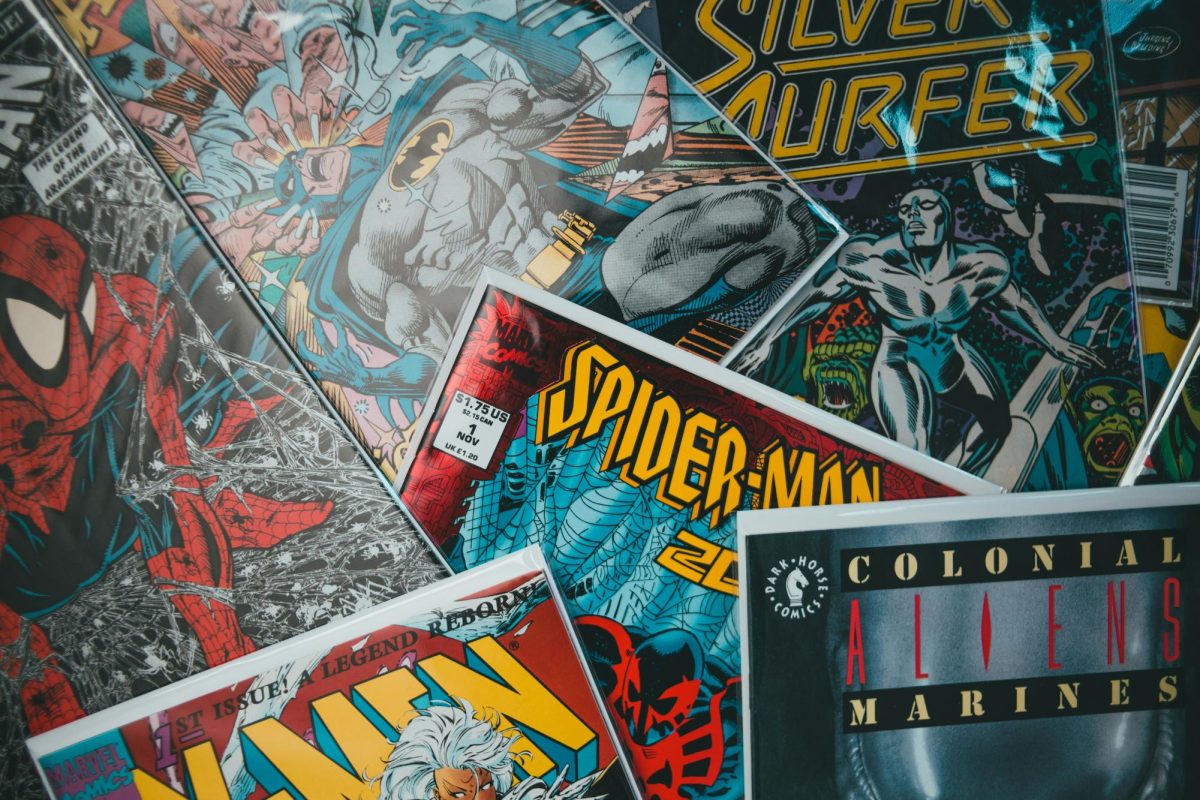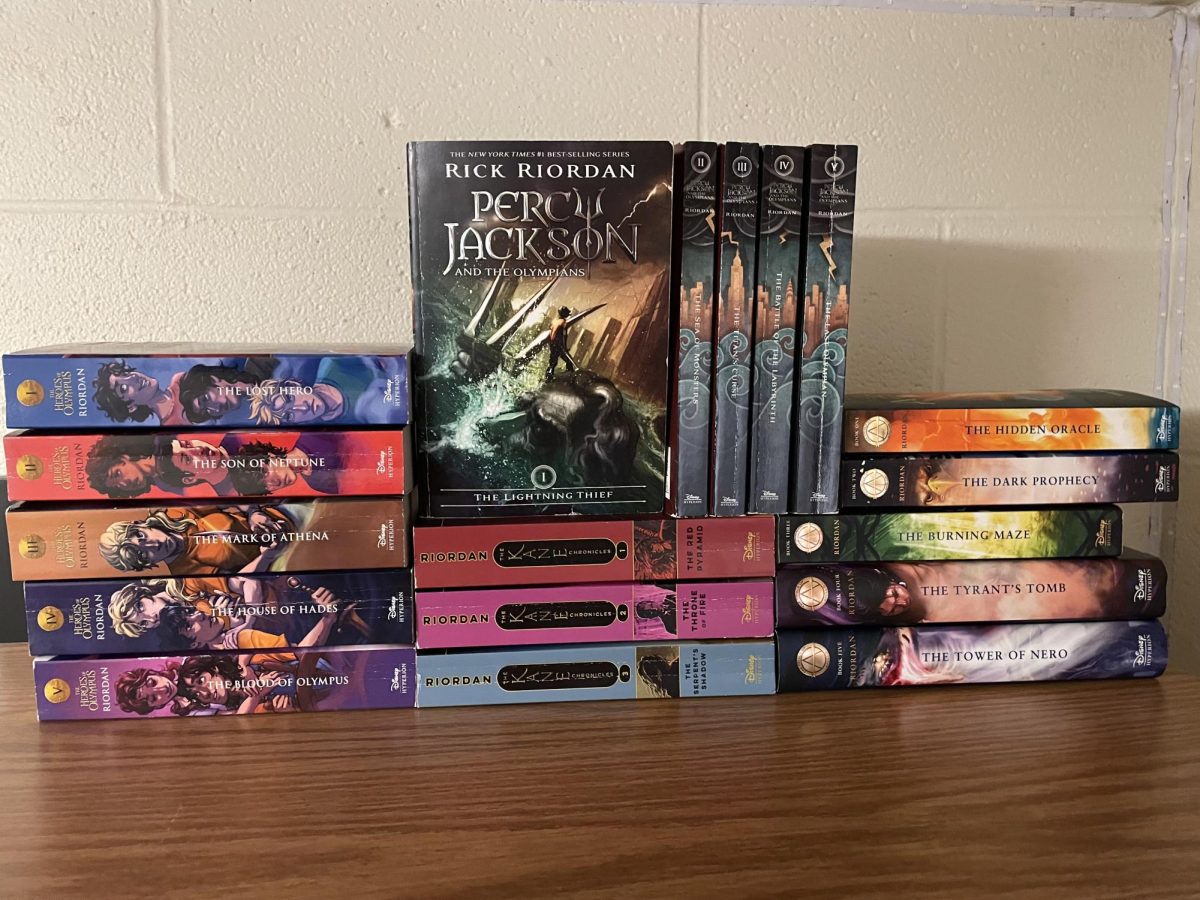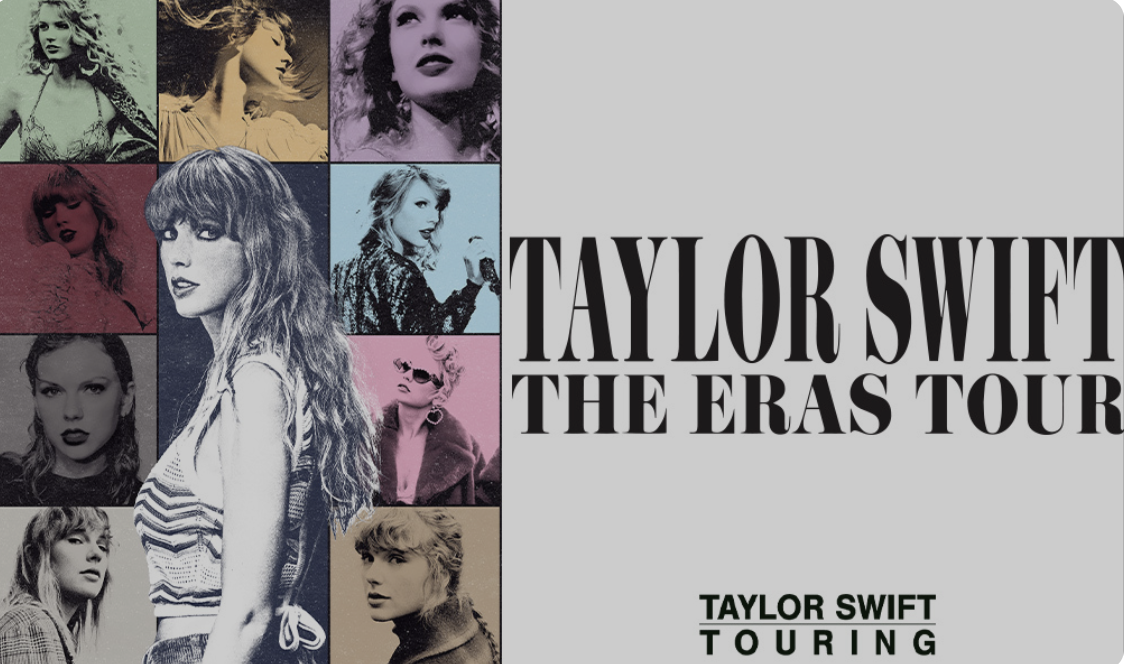
By Breanna Shiflett
Whether you’re a hardcore next-gen gamer or a casual smartphone game player, we’ve all spent countless hours playing video games. You may not consider yourself a gamer, but as video game audiences have expanded over the past decade, so too has the definition of the word. Now it includes more than just the “traditional hardcore gamer,” which for a long time described only men. However, there are still many people in the gaming community that believe that not all gamers are created equal, as seen in the huge GamerGate scandal that erupted earlier this year.
The GamerGate controversy started in August 2014 as a way for parts of the gaming community to voice concerns over ethics in video game journalism. It first began when game developer Zoe Quinn’s ex-boyfriend claimed that her new relationship with a journalist had resulted in a good review for her game Depression Quest. Although the community has previously acknowledged that there are problems with its journalism, this incident and the hashtag #gamergate (analogizing itself with the Watergate Scandal), sparked a whole new discussion that ultimately led to a hate campaign against Quinn. Her personal information was leaked online (called doxxing), and as a result, she started to receive death threats and was forced to flee her home. Later, other women in the industry were also doxxed for speaking out against the harassment of Quinn, but several men who made comments were not subjected to harassment.
It is unclear what the supporters of GamerGate intend to get out of the movement, because even though they claim to be concerned with ethics, their participation in misogynistic harassment has made it difficult to believe that they truly want to improve the community.
This isn’t to say that the supporters of GamerGate don’t raise valid questions. Are game developers and game reviewers too close, causing dishonest information to be spread throughout the community? Senior Sarah Sheafer, who considers herself a gamer, believes there are a lot of problems with technology journalism, but she also doesn’t completely support GamerGate because she has been subjected to harassment herself. “Being a female gamer is hard,” she said. “Sexism is very prevalent.”
Senior Chalang Sharif, another Tuscarora gamer, believes that both sides of the controversy are wrong. However, he also believes that GamerGate, in essence, is a good thing because it’s getting rid of corrupt journalism in the industry while also raising awareness for the lack of female representation. Still, Sharif thinks that the community needs to reunite and show how it can create positive change. “This is showing the bad part of the community,” he said, “but we’ve all had great experiences with it.” Sheafer agrees, stating that, “Video games need to be seen for entertainment purposes and the fact that they’re being weaponized is wrong.”
Almost five months later, the GamerGate controversy is no closer to being solved — women in the video game industry are continuing to be harassed, and even with the large number of people that have condemned the movement, it still is not going away. While the ethical concerns that the supporters have are real and imply larger problems in the industry, the harassment and misogyny that has resulted makes any concerns they have questionable.
With the ever-expanding video game audience and new concept of what it means to be a gamer, the community should be at its most welcoming, not its most terrifying. At its core, though, GamerGate is nothing less than a culture war, and thus most likely won’t fully go away anytime soon.





